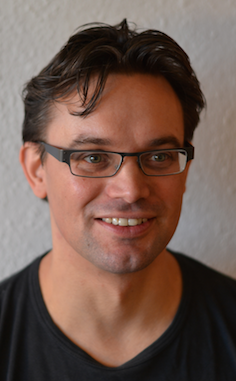Thursday, May 15
4:00 - 6:00
Humanities 2, 259
Mathematical knowledge has traditionally been taken to be absolutely objective, i.e. completely independent of contingent facts about the agents who discover the results. Today, this absolutistic view of mathematics has been challenged by a number of different theories. Most noticeably, social constructivists such as David Bloor and Donald MacKenzie have stress the influence social factors have had on the development of mathematics, and Bloor simply describes mathematics as a social institution. Other theorists such as Rafael Núñez and George Lakoff have claimed mathematics to be embodied and fundamentally shaped by sensory-motor experience and certain cognitive strategies. In my talk I will report from a qualitative study of the practice of working mathematicians. The study shows that the production of mathematical knowledge is clearly conditioned both by social factors and by our experience of and ability to actively use the material world. Thus, the study confirms some of the basic ideas of the two approaches mentioned above. However, the study also gives reason to questions the reductionism inherent in both the social constructivistic and the embodiment approach. Mathematics cannot be reduced either to the social or to sensory-motor experience.
ADVANCE READING: Whats in a diagram?
Mikkel Willum Johansen is an assistant professor at the faculty of science, University of Copenhagen. He has a PhD in the philosophy of the mathematical sciences and has worked extensively with mathematical cognition and with the different version of naturalism in the philosophy of mathematics. In 2014 he published the book Invitation til matematikkens videnskabsteori (Eng: Invitation to the philosophy of the mathematical sciences).

